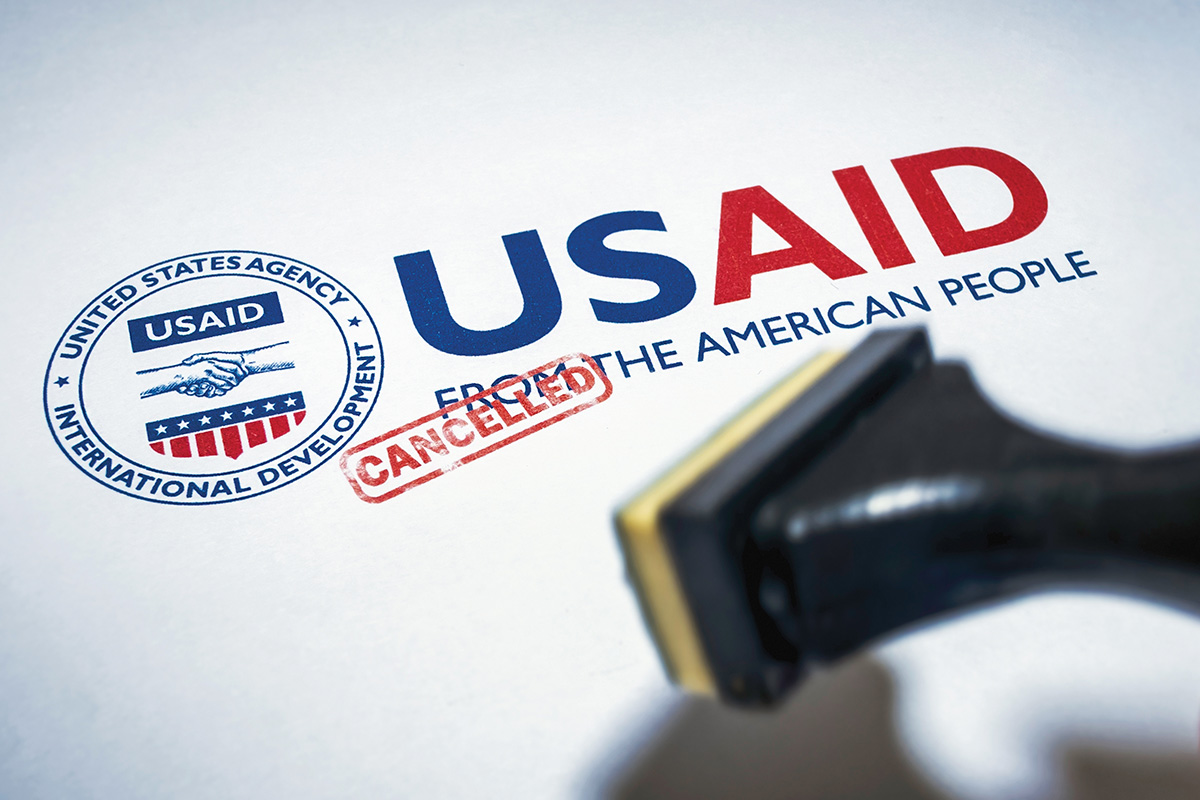
When U.S. foreign aid was suspended, it triggered a quiet crisis for sex workers across Africa. Vital programs that once provided HIV treatment, shelter from violence, STI testing, and access to contraceptives have disappeared—leaving many to face increased risk, stigma, and isolation.
The Africa Sex Workers Alliance (ASWA), through its member organizations, collected the personal stories of those most affected. From Monrovia to Accra, sex workers like Blessing, Mariam, Fatu, and Kojo share heartbreaking accounts of what it means to be left behind. Their voices are a powerful reminder that policy decisions have real, human consequences.
Blessing, 29 — Struggling to Access HIV Treatment
Blessing has been a sex worker in Monrovia for nearly a decade. She was diagnosed with HIV two years ago and relied on a U.S. funded clinic for her Antiretroviral (ARV) medication. Since the aid freeze, the clinic has shut down, and she now has to travel long distances to find medication. With the rising cost of transportation and stigma at other health centers, she sometimes misses her doses, putting her health at risk.
“Before, I could just walk to the clinic and get my medicine. Now, I have to choose between paying for transport or eating. This is life and death for me.”
Mariam, 24 – Increased Violence and Exploitation
Mariam, a 27-year-old mother of two from Burkina Faso, has experienced a rise in violence against sex workers following the aid freeze. Previously, she could rely on a local shelter that offered legal support and emergency housing for sex workers facing abuse. However, due to funding cuts, the shelter has been forced to shut down, leaving Mariam and others vulnerable. Recently, she was attacked by a violent client but had no place to turn for help.
Without legal protection or advocacy groups to intervene, many sex workers are now defenseless against the growing violence and exploitation they face.
Fatu, 23 — No Access to Contraceptives or STI Testing
Fatu, a young sex worker, used to receive free condoms and regular STI testing from a community outreach program. Now, with supplies running low and no free testing available, she and many others are forced to take risks. She recently contracted an STI, but without affordable treatment, she continues to work, fearing further health complications.
“I want to protect myself, but how can I if condoms and medicine are not available?”
Kojo, 38 – Silenced and Left Behind
Kojo, a 36-year-old male sex worker from Ghana, says he feels completely forgotten. Before the aid freeze, Kojo benefited from programs that offered specialized services for male and LGBTQ+ sex workers. Now, with those programs defunded, he faces hostility and rejection even in general healthcare settings. He has stopped seeking services altogether because of the stigma.
“They used to talk to us with respect, but now they act like we’re invisible.”
These stories are a stark reminder of the human cost of foreign policy decisions. The suspension of U.S. aid has left many sex workers in Africa vulnerable, stripping away critical services that once protected their health, safety, and rights. ASWA urges immediate restoration of funding and sustained support for sex worker-led programs that are saving lives every day.



